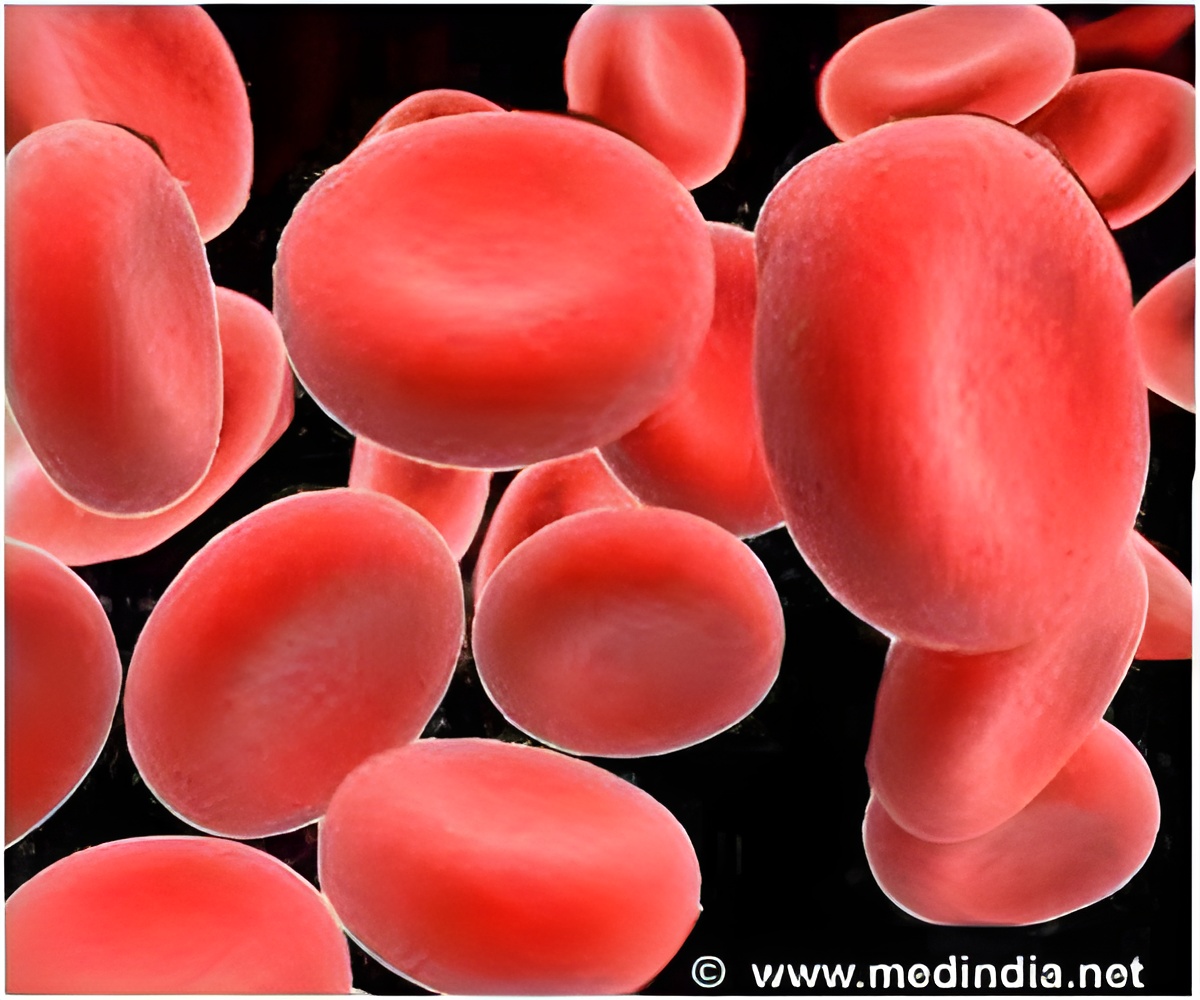Two-way signaling is crucial for the blood supply in the body to be steady and reliable, researchers have shown.

In one of these signaling conversations, the stem cell–like blood progenitor cells, which contribute to the cells of the blood in the fruit fly Drosophila, receive signals from other cells that live in a nearby safe zone, known as a “niche.” These signals keep the progenitors in a stem cell–like state so that, when needed, they can begin differentiating into blood cells.
And in a startling discovery, the scientists found that the progenitor cells also receive critical signals back from the daughter blood cells they create, telling the progenitors when enough cells have been made and it’s time to stop differentiating.
The discovery of this “back talk” from the daughter blood cells was published Dec. 23 in the peer-reviewed journal Cell.
“The cells in the niche provide a safe environment to support blood progenitor cells,” said co-senior author Dr. Julian A. Martinez-Agosto, an assistant professor of human genetics and pediatrics and a researcher with the Eli and Edythe Broad Center of Regenerative Medicine and Stem Cell Research at UCLA.
Martinez-Agosto and co-senior author Utpal Banerjee, a Broad Center researcher and the Irving and Jean Stone Professor and chairman of molecular, cell and developmental biology in the UCLA Division of Life Sciences, identified the additional signals coming from the daughter blood cells — a surprising discovery, Banerjee said.
“It was a very surprising finding, because there was no reason to suspect that the differentiating cells had any role at all in the process,” Banerjee said. “It’s always been the paradigm in stem cell biology that all that was needed was the signaling from the niche cells to maintain the progenitor population. Now we’ve shown that you also need the signals from the daughter cells to help maintain the progenitor cell population.”
“We’ve shown that adenosine as a molecule is really important for regulating the proliferation of progenitor cells in blood. And it requires a delicate balance — just enough signaling to give you more blood cells but not so much that all the progenitor cells are lost,” Martinez-Agosto said. “Maybe other progenitors or stem cells are using the same signaling to determine when to differentiate or not.”
Going forward, the team will try to understand if the progenitor cells can sense the adenosine in their microenvironment under stress and injury conditions and how cell division biologically counters the niche signaling to promote formation of blood cells.
Source-Medindia
 MEDINDIA
MEDINDIA
 Email
Email







